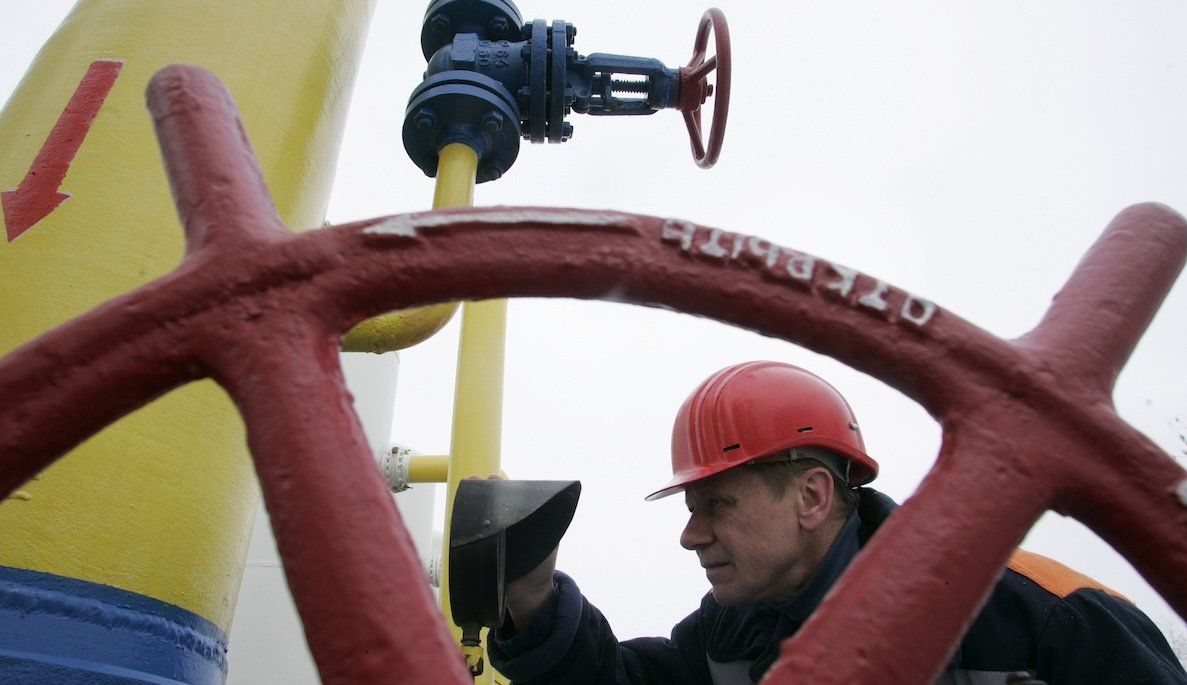January 01, 2025
For the first time in six decades, Russian gas is no longer flowing to Europe via Ukraine. At 8 a.m. Moscow time on New Year’s Day, Russian state energy giant Gazprom ceased delivery through its Sokhranivka pipeline. Kyiv refused to renew its 2019 pipeline transit deal with Moscow while Russia’s invasion of Ukraine continues.
What is the impact? Gazprom will lose close to $5 billion in annual gas sales, while Ukraine will lose $800 million a year in transit fees from Russia. Analysts do not expect a surge in gas prices, and so far the European winter has been mild. EU nations had already cut dependency on Russian gas from 40% to less than 10% since Moscow’s invasion of Ukraine in February 2022, ramping up imports of liquefied natural gas from the US and Qatar and accelerating investments in renewables. In 2023, Russia shipped around 15 billion cubic meters of gas through Ukraine to Europe, down from 65 billion cubic meters in 2020.
What’s next? While turning off the taps represents a symbolic end to Europe’s reliance on Russian gas, several EU countries, including Slovakia and Austria, continued to import significant amounts of gas from Russia, and will now rely on reserves and diversification. Slovakia has decried the stoppage, but EU candidate Moldova could face the worst impact. A harsh winter coupled with energy shortages in its breakaway area of Transnistria could prompt an exodus of pro-Russian refugees to Moldova, complicating its EU bid and further straining energy resources.
Gazprom will continue to deliver gas to Hungary, Turkey, and Serbia via other channels, including the TurkStream pipeline across the Black Sea.More For You
Tune in on Saturday, February 14th at 12pm ET/6pm CET for the live premiere of our Global Stage from the 2026 Munich Security Conference, where our panel of experts takes aim at the latest global security challenges.
Most Popular
- YouTube
In this Quick Take, Ian Bremmer weighs in on the politicization of the Olympics after comments by Team USA freestyle skier Hunter Hess sparked backlash about patriotism and national representation.
British Prime Minister Keir Starmer delivers a speech at Horntye Park Sports Complex in St Leonards, Britain, February 05, 2026.
Peter Nicholls/Pool via REUTERS
In July 2024, Keir Starmer won the United Kingdom’s election in a landslide. It has been downhill ever since, with Starmer’s premiership sullied by economic stagnation, intraparty fighting, and a lack of vision for the country.
© 2025 GZERO Media. All Rights Reserved | A Eurasia Group media company.
